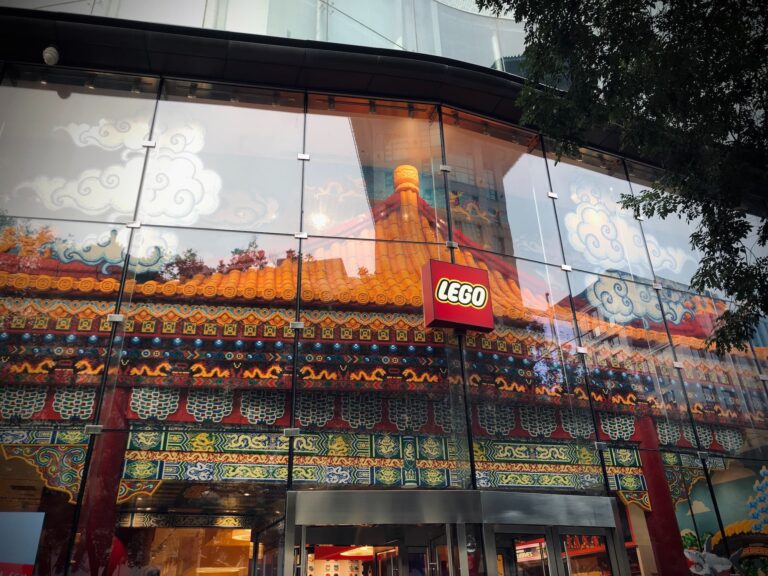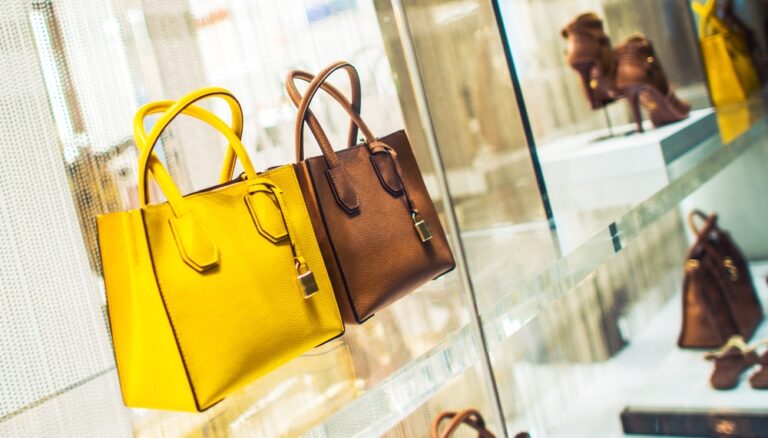On 14th October, P&G’s shampoo brand Rejoice launched its first accessibility-themed public service advertisement (PSA) film. The campaign reexamines the traditional definition of beauty from the perspective of four visually impaired women. By arguing that “beauty can be more than just seen”, Rejoice not only turns the public’s attention to the neglected visually impaired group but also revolutionizes the notion of beauty along with its own product connotation.
In collaboration with the influential Chinese media, People.Cn, and the Guangdong Association for the Blind, Rejoice introduced an accessibility-themed PSA. In this advertisement film, four visually impaired females described how the beauty of the world was perceived by the visually impaired through their sense of touch. Through their stories, Rejoice broke the stereotype of beauty as a visual concept and gave a more positive and inclusive definition of beauty. At the same time, this “tactile beauty” is also in line with Rejoice’s long-standing advertising concept – by using Rejoice’s hair care products, customers can have “silky” hair.
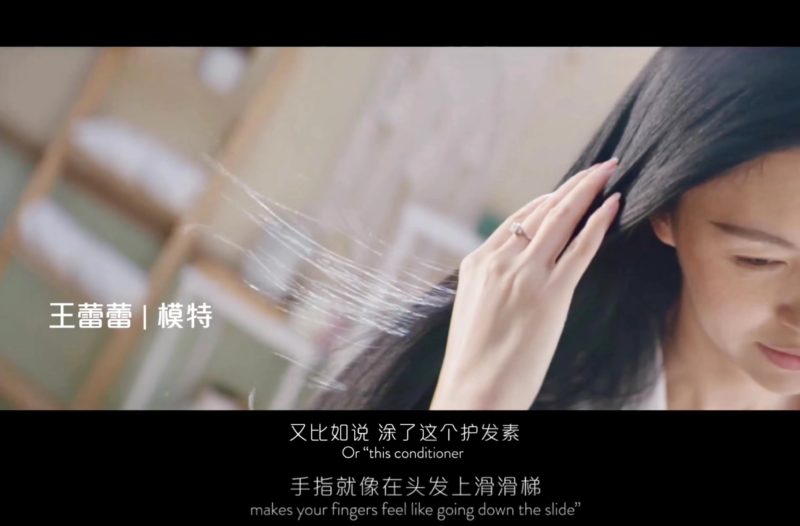
With the awakening of feminism in China, brands targeting women as their primary consumers have begun to adapt and revamp their positioning. Rejoice’s campaign not only focuses on the underprivileged but also delivers a positive message to its female consumers by breaking the beauty stereotype. Despite their physical limitations, the four women in the film showed their passion for both beauty and life. Through this campaign, Rejoice created an optimistic narrative that infuses new and positive meaning into its brand culture.
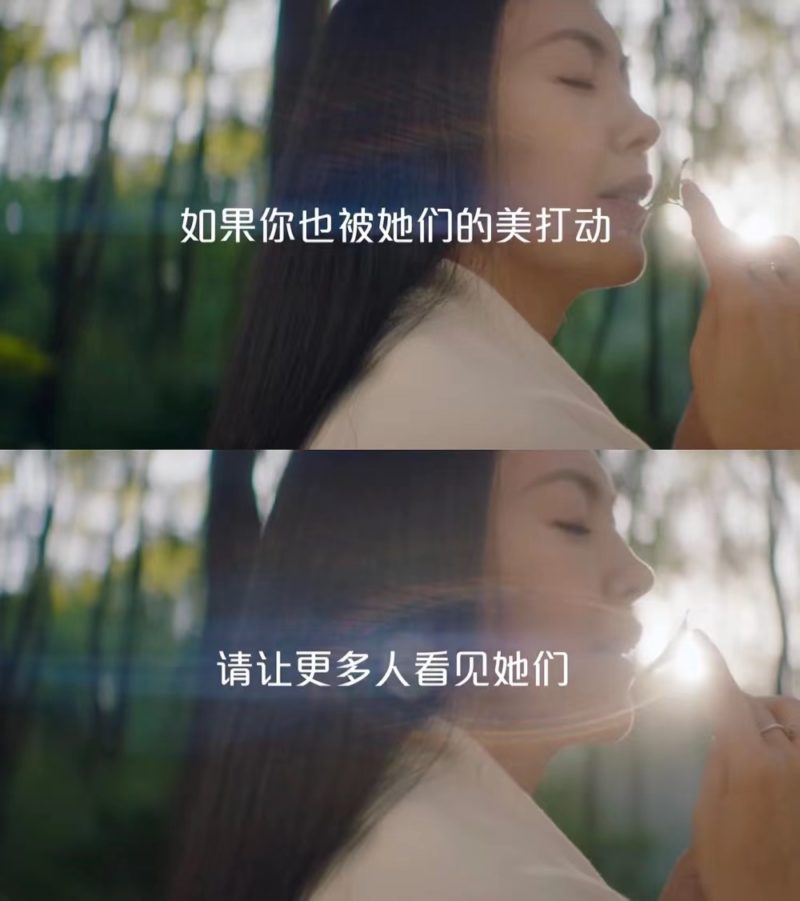
Most importantly, Rejoice did not confine this campaign to the screen but put its message to action by modifying its products. In the ad, the four visually impaired women introduce us to the plight of their community: among the many difficulties in their lives, most products don’t have auditory or braille instructions. This makes it difficult to buy the right products for they are unable to get an accurate description. For this reason, Rejoice introduced the “Talking Shampoo and Conditioner” – consumers can scan the QR code on the product to hear an audio description of it. Rejoice also created the “Beauty within Reach” podcast, inviting famous live-streamer Li Jiaqi to share hair care knowledge with consumers.
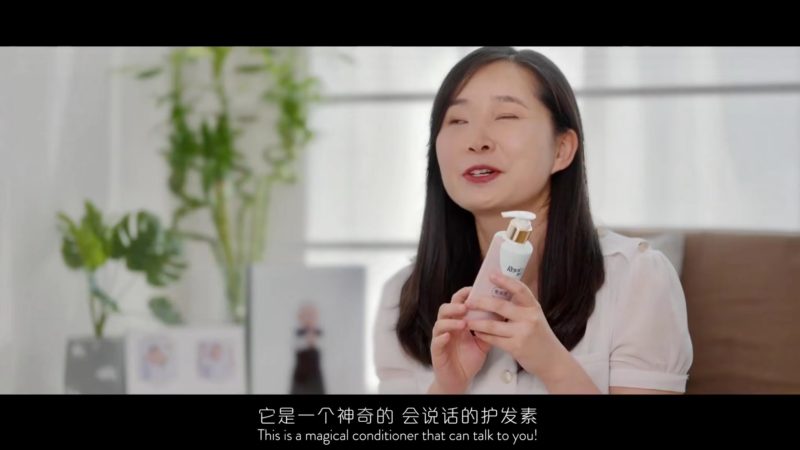
Through the brand’s influence, Rejoice led the public’s attention to the visually impaired community. The PSA also uses a positive narrative to broaden the definition of beauty and improve its products to make them more user-friendly. By proving that beauty is not just something to be seen, Rejoice created a more inclusive blueprint for both its consumers and society.
According to the China Disabled Persons Federation, the total number of people with disabilities in China has reached 85 million, which is 6 out of every 100 Chinese people. With such rapid development of infrastructure, facilities for the disabled are still catching up to standard facilities in China. In 2017, the China Disabled Persons Federation conducted a large-scale social survey, covering the construction of barrier-free facilities in 102 cities in China. The results showed that the penetration rate of facilities was 40.6%.
Rejoice’s inclusive advertisement is no doubt a step forward for improving disability awareness in China.



